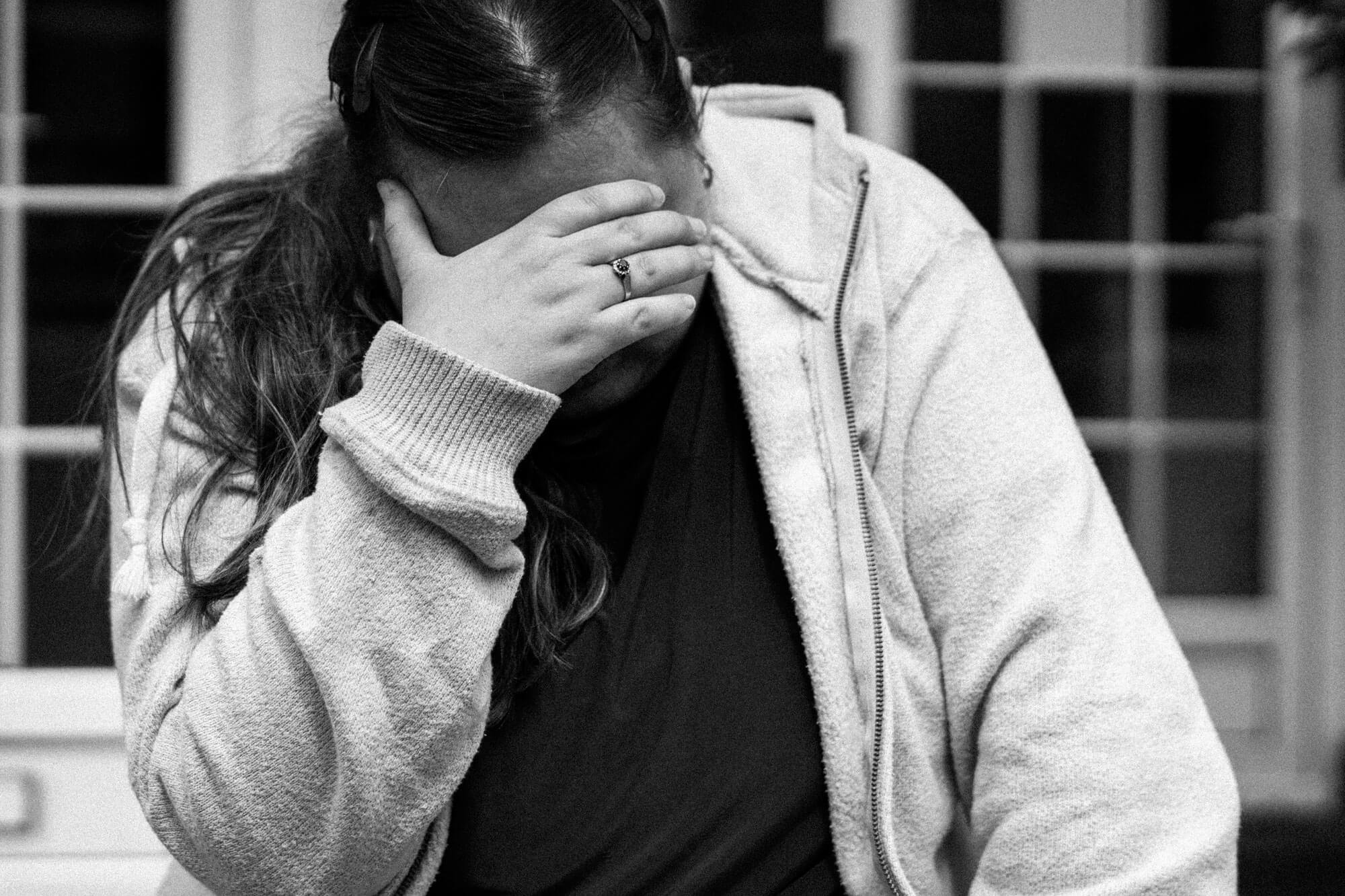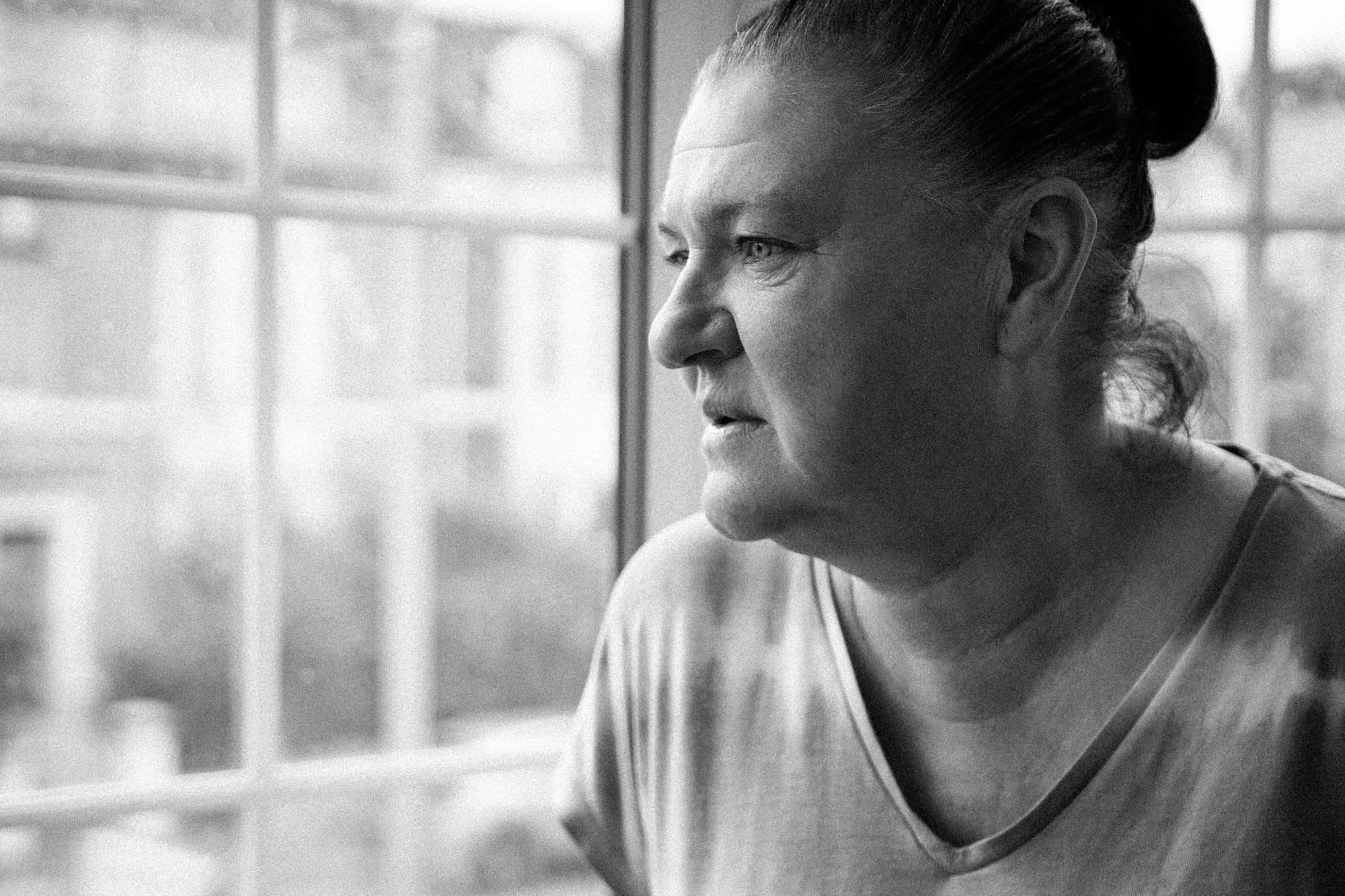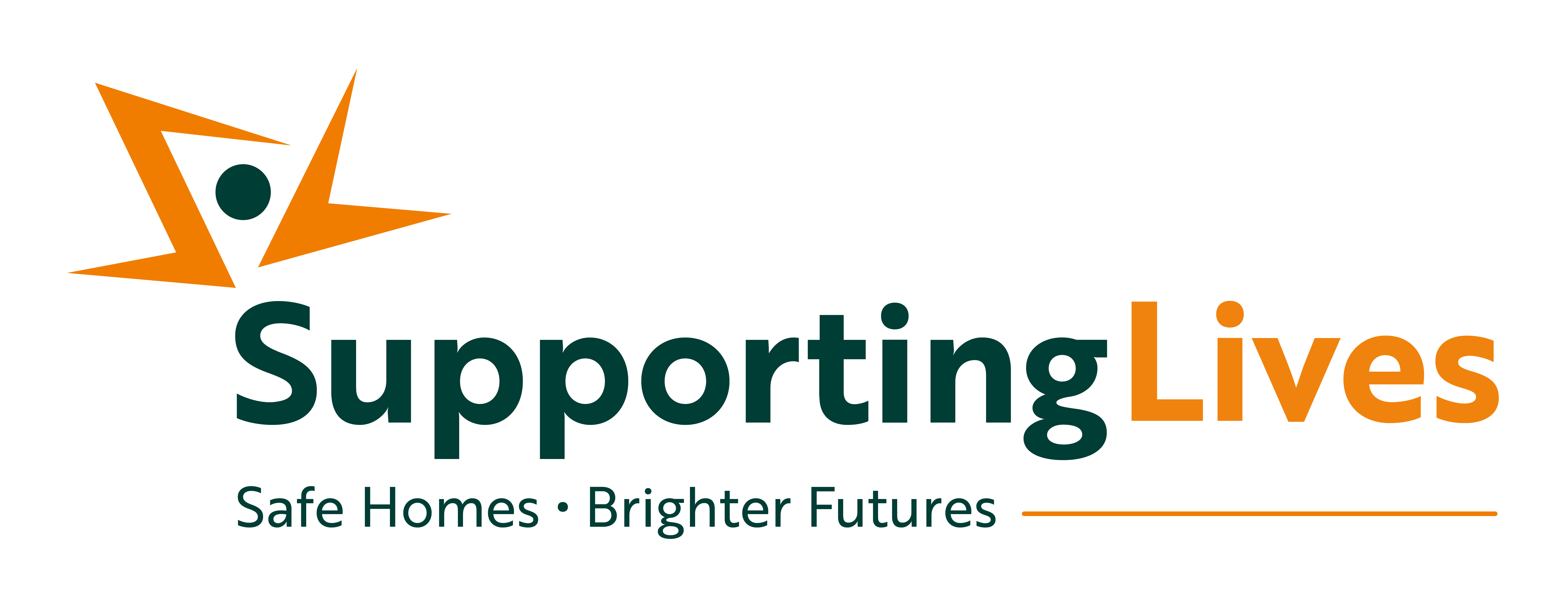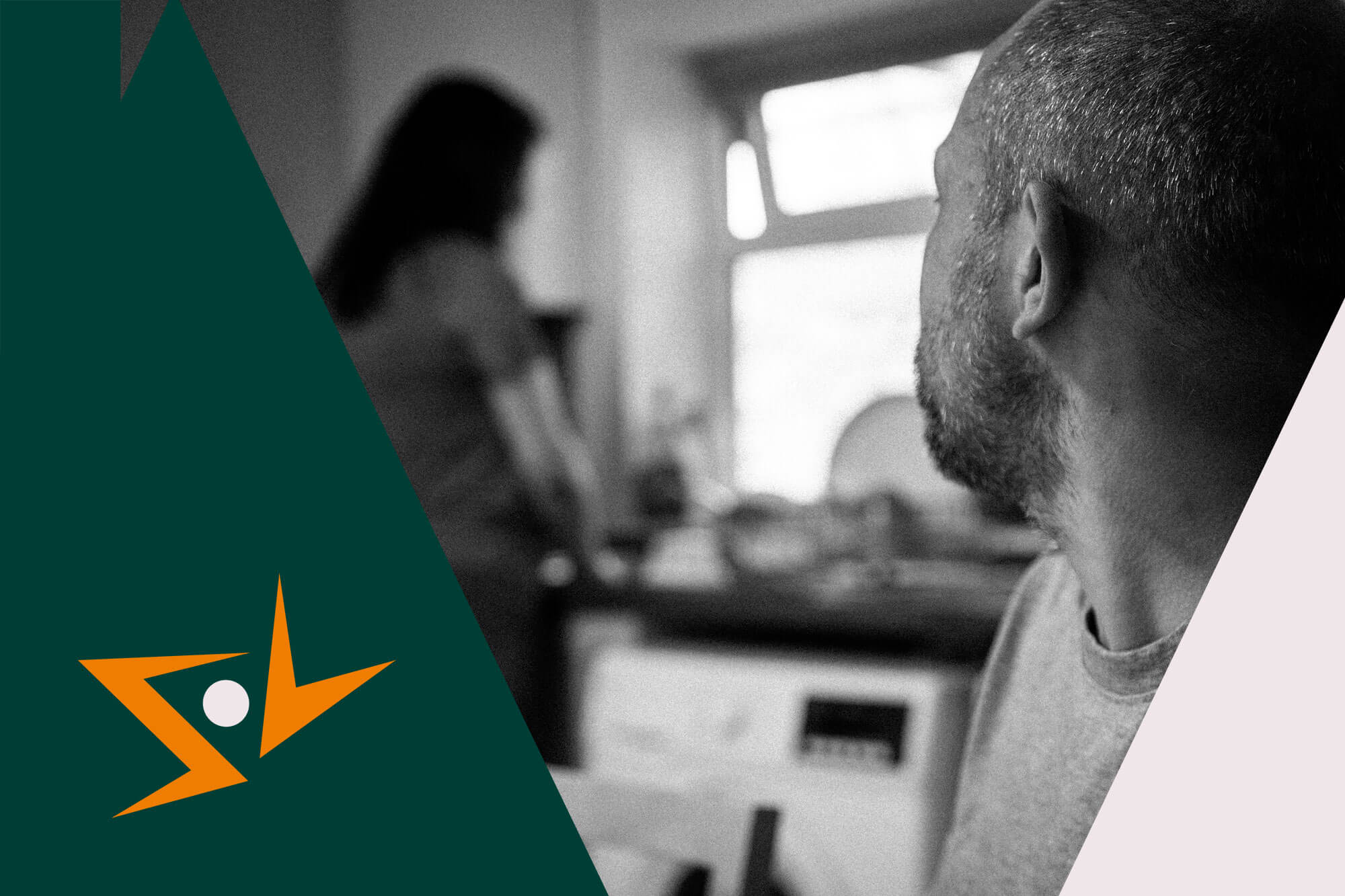Homelessness is a situation most of us would never expect to happen to a professional person—someone who seems to have achieved success and stability. But the truth is that even people with established careers, financial security, and strong professional networks can find themselves without a home. Life’s challenges can unravel stability quickly and unexpectedly, affecting people from all walks of life.
Imagine someone who has poured their heart into building a business, putting in endless hours and investing their own money to keep things afloat. In doing so, they may have put their personal assets—sometimes even their home—on the line. If the business takes a downturn, as businesses sometimes do, they could suddenly face a financial collapse. Perhaps the economy shifts, or competition increases, or an unexpected expense emerges, and what was once a stable venture starts to unravel. For those with high debts or personal loans taken out to fund their dreams, these setbacks can lead to financial ruin, foreclosure, and, ultimately, losing the roof over their head.
It’s not just economic challenges that can disrupt a person’s life. Sometimes, a personal crisis strikes with little warning. The end of a marriage, for instance, can be financially devastating, especially if one person was largely dependent on the other’s income or if a costly divorce settlement eats into savings. For some business people, the loss of a dual income can be a devastating blow, especially if they were just managing to meet their expenses together. Without the stability they had planned on, housing can become an uncertain prospect.
Health issues can also be profoundly destabilising. Business owners are often under a lot of pressure, and stress can lead to serious health challenges. An unexpected illness, accident, or mental health crisis can take them away from work or sap their resources. Mounting bills or the inability to work can drain savings rapidly, leaving someone who once had financial security in a precarious position. Sadly, substance dependency can sometimes become part of a businessperson’s life as they struggle to cope with stress, and this, too, can erode their stability. When dependency takes hold, it can affect their judgment, professional performance, and relationships—all of which are essential for maintaining a home and income.
Retirement, something many of us look forward to, can also be a moment of unexpected vulnerability. Not all people have the luxury of retirement savings, and for those who have always worked for themselves, there may be no company pension or safety net to rely on. If they can no longer work due to age or health, they might find themselves without the resources they had counted on, making housing difficult to afford.

Legal issues can also appear out of nowhere. A lawsuit or business dispute can drain resources, especially for someone used to relying on their own finances rather than corporate support. If they’re unable to pay for a lengthy court battle or settle a hefty lawsuit, a businessperson can quickly find themselves unable to keep up with basic expenses, including housing.
Isolation is another factor that can be incredibly painful. Many people are so focused on their work that they have little time for building close relationships. When financial or personal crises arise, they may not have a strong support system to lean on. Without family or friends nearby to lend a hand, even temporary setbacks can escalate to something as serious as homelessness.
Finally, life’s most unpredictable events—natural disasters, the death of a partner, or an economic crisis—can tear through the best-laid plans. Without insurance or backup resources, someone can lose everything they’ve built in the blink of an eye.
There are countless stories of people who once led stable, successful lives but found themselves facing homelessness after a series of unfortunate events. These are not people who made reckless decisions or faced lifelong hardships; they are people who, through circumstance or crisis, lost control over their lives. Homelessness is often viewed through a narrow lens, with stereotypes about who it affects. In reality, anyone—regardless of success, education, or background—can find themselves without a home when life takes an unexpected turn.

Compassion toward people experiencing homelessness is essential, as we often don’t know their full story or the complex path that led them there. When we encounter someone living on the street, it’s easy to make quick judgments or assumptions, but every person we see has their own unique journey, often marked by struggles, losses, and hardships we can’t see. Many have endured life-altering events—a serious illness, the collapse of a relationship, the loss of a job, or a personal crisis—that spiralled beyond their control. Homelessness can happen to anyone, regardless of their background, resilience, or work ethic. By approaching each person with empathy and understanding, we acknowledge the dignity and humanity of people going through one of life’s most challenging situations. A small act of kindness, a moment of acknowledgment, or simply withholding judgment can make a difference in restoring their sense of self-worth.
For people recently released from prison, the risk of homelessness is alarmingly high. Many face significant barriers to reintegration, including limited job opportunities due to stigma and restrictions, as well as a lack of affordable housing options willing to accept former inmates. Without stable employment or financial resources, finding and maintaining housing can be an overwhelming challenge. Additionally, those released without strong family support or a stable social network often have nowhere to turn for temporary shelter or assistance. Many are also dealing with mental health issues, addiction, or trauma from their time in prison, which can make it even harder to secure and keep a job or stable housing. These challenges can quickly lead to a cycle of instability, where the lack of housing and support makes it more difficult to avoid re-offending, perpetuating their struggle to rebuild their lives. For those transitioning back into society, access to supportive housing programs, job training, and mental health services is essential for breaking the cycle and achieving a fresh start.

People struggling with drug and alcohol addiction are especially vulnerable to homelessness, as substance dependency can quickly disrupt every aspect of life. Addiction often leads to job loss due to missed work, erratic behaviour, or declining performance, which in turn affects a person’s ability to pay for housing. As finances dwindle, many people with substance use issues may fall into debt, lose savings, and ultimately face eviction. Relationships with family and friends also tend to deteriorate under the weight of addiction, leaving many without a support network to turn to for help. Compounding the issue, people who are addicted often prioritise the substances they depend on over basic needs, including food and rent, which can deepen their financial crisis. Without adequate access to treatment and recovery resources, people struggling with addiction are at high risk of losing their housing. Once homeless, it becomes even harder to break free from addiction, as the stress and instability of life on the streets can fuel substance use, creating a difficult cycle that is hard to escape without substantial support.
In today’s economic and social climate, an increasing number of people are living hand to mouth, with little or no financial cushion. Rising living costs, especially in housing, utilities, and food, have made it difficult for many to save or prepare for emergencies. Wages have not kept up with inflation in many places, so even those who are employed full-time can struggle to cover basic expenses, leaving them vulnerable to sudden crises. For some, the loss of a job, an unexpected bill, or a family emergency is all it takes to push them to the brink of financial ruin. This instability is compounded by the fact that more people are relying on food banks and charity services just to get by. Without savings or a stable support network, families and individuals can find themselves facing homelessness much sooner than they might expect. In such a fragile economic environment, homelessness has become a very real possibility for many who have never faced it before, highlighting the importance of a compassionate and supportive approach to those in need.
There are many meaningful ways to help people experiencing homelessness, from providing direct support to donating to reputable charities. Small acts like offering food, warm clothing, or simply engaging in a friendly conversation can make a big difference, reminding people that they are seen and valued. Volunteering at local supported accommodation houses or food banks is another hands-on way to make a positive impact, as many organisations rely on volunteers to help meet the growing demand for services.
If you are interested in volunteering with us or would like to find out more about our referral process please contact us for a chat, we’re looking forward to hearing from you.




